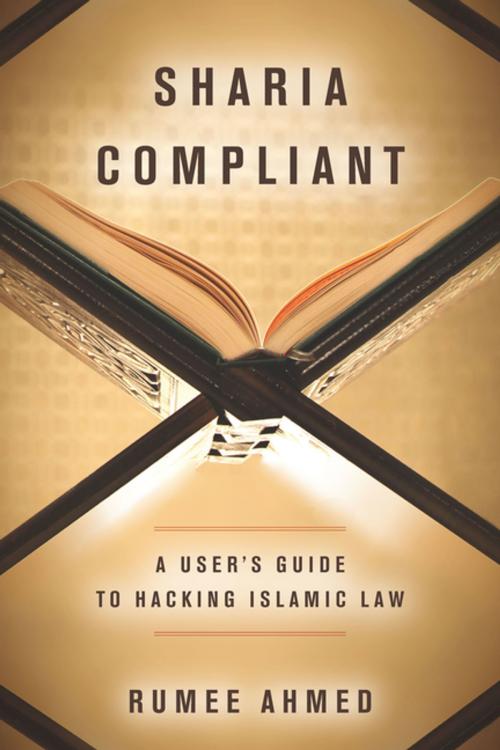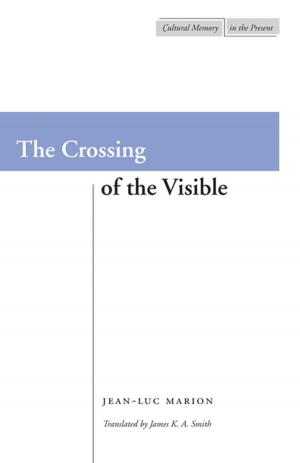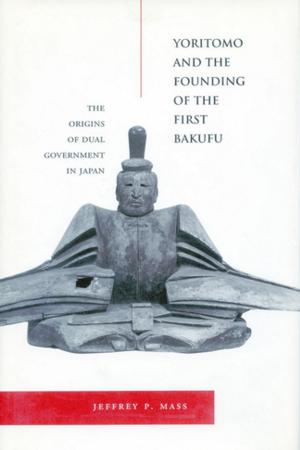Sharia Compliant
A User's Guide to Hacking Islamic Law
Nonfiction, Religion & Spirituality, Middle East Religions, Islam, Social & Cultural Studies, Political Science, Social Science| Author: | Rumee Ahmed | ISBN: | 9781503605718 |
| Publisher: | Stanford University Press | Publication: | May 1, 2018 |
| Imprint: | Stanford University Press | Language: | English |
| Author: | Rumee Ahmed |
| ISBN: | 9781503605718 |
| Publisher: | Stanford University Press |
| Publication: | May 1, 2018 |
| Imprint: | Stanford University Press |
| Language: | English |
For over a thousand years, Muslim scholars worked to ensure that Islamic law was always fresh and vibrant, that it responded to the needs of an evolving Muslim community and served as a moral and spiritual compass. They did this by "hacking" Islamic law in accordance with changing times and contexts, diving into the interconnected Islamic legal tradition to recalibrate what was outdated, making some laws work better and more efficiently while leaving others undisturbed. These hacking skills made Islamic law both flexible and relevant so that it could meet the needs of a community with changing values while remaining true to its ancient roots. Today, the hacking process has stalled in the face of unprecedented structural challenges, and Islamic law has stagnated.
This book is designed to revitalize the hacking tradition by getting readers involved in the process. It walks them through the ins and outs of Islamic legal change, vividly describing how Muslim scholars have met new and evolving challenges on topics as diverse as abolition, democracy, finance, gender, human rights, sexuality, and more. And it provides step-by-step instructions for readers to hack laws for themselves, so that through their engagement and creativity, they can help Islamic law regain its intrinsic vitality and resume its role as a forward-looking source for good in the world.
For over a thousand years, Muslim scholars worked to ensure that Islamic law was always fresh and vibrant, that it responded to the needs of an evolving Muslim community and served as a moral and spiritual compass. They did this by "hacking" Islamic law in accordance with changing times and contexts, diving into the interconnected Islamic legal tradition to recalibrate what was outdated, making some laws work better and more efficiently while leaving others undisturbed. These hacking skills made Islamic law both flexible and relevant so that it could meet the needs of a community with changing values while remaining true to its ancient roots. Today, the hacking process has stalled in the face of unprecedented structural challenges, and Islamic law has stagnated.
This book is designed to revitalize the hacking tradition by getting readers involved in the process. It walks them through the ins and outs of Islamic legal change, vividly describing how Muslim scholars have met new and evolving challenges on topics as diverse as abolition, democracy, finance, gender, human rights, sexuality, and more. And it provides step-by-step instructions for readers to hack laws for themselves, so that through their engagement and creativity, they can help Islamic law regain its intrinsic vitality and resume its role as a forward-looking source for good in the world.















